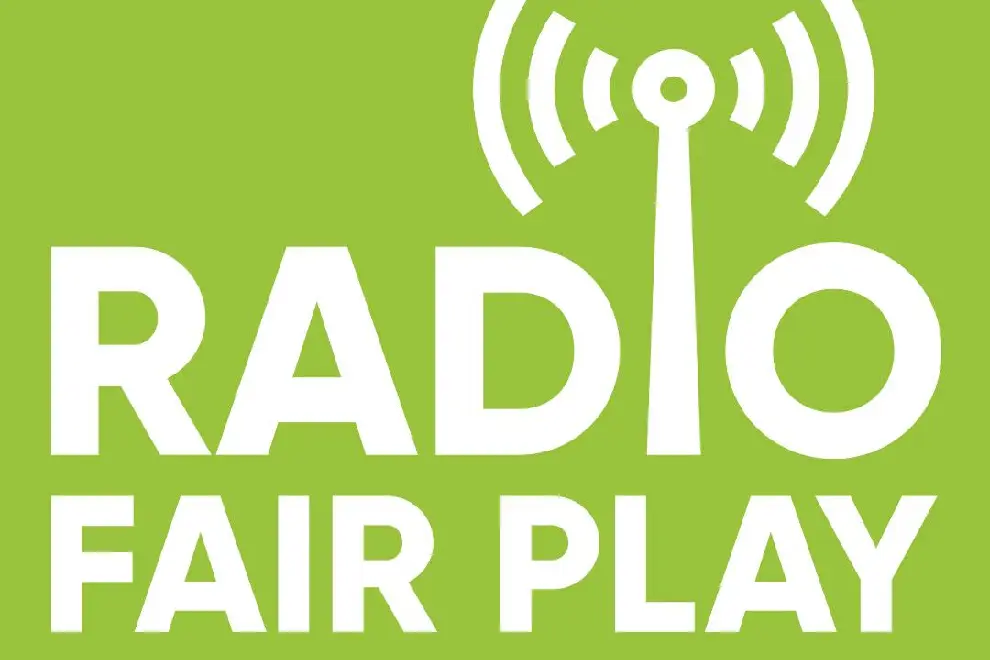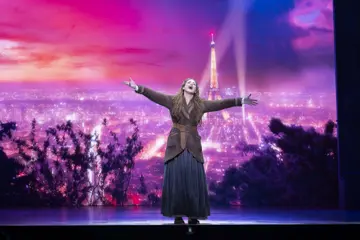The bitter fight between PPCA and Commercial Radio Australia continues over the 1% cap on royalties paid to artists for play on commercial radio, with the Fair Pay For Radio Play Senate Committee delivering its findings today (June 20).
The committee recommended that “the federal government conducts a cost-benefit analysis examining the impacts of removing the current caps on licence fees for the broadcast of sound recordings on radio”, but that the Senate should not pass the bill.
“The committee understands there are arguments on both sides of the debate concerning the removal of the current caps on licence fees under the Act and before legislation of this kind can be properly considered the financial impacts should be assessed. The committee considers that the federal government should conduct a cost-benefit analysis of removing the caps and the impact such changes would have on the distribution of funds to artists and creators before any decision is made about removing them.”
Senator David Pocock, who sponsored the bill, delivered a dissenting report, expressing frustration with the government and opposition’s approach to recommend more research around the issue.
Don't miss a beat with our FREE daily newsletter
“Australian artists deserve fair pay for their work. This is a core principle expressed in the Albanese Government’s National Cultural Policy – a statement I wholeheartedly agree with. And yet, when presented with an opportunity to help realise this goal, to make a simple change that would allow recording artists to negotiate fair rates of pay for use of their music, this Government-controlled Committee has decided to kick the can further down the road.
“This is the sixth time over the last 30 years that an inquiry has recommended in one way or another that the caps either be scrapped or further reviewed. It seems that politicians are happy to sport their favourite artists during Ausmusic T-Shirt Day and post photos from gigs they attend, but are apparently unwilling to make the decisions that would support those same artists to derive a fair income from their work.”
Pocock also expressed dismay at the radio industry’s attempt to link Australian content quotas to the bill.
“The Australian music quota system is unrelated to the cap. The quotas are a public interest mechanism to support Australian voices and content to reach Australian audiences. Simply, the quotas are a form of cultural policy, not industry policy. I will note that the radio industry receives support to meet these cultural obligations through virtually free access to spectrum – a public asset.”
“I recommend the Bill be passed, that we scrap the caps and finally end this 56-year-old saga that has resulted in devaluing the work of artists who should have every right to negotiate fair pay for radio play.”
The Greens also dissented, providing a rebuttal to the majority report.
“The Australian Greens are disappointed to see the major parties singing from the same song sheet as commercial radio and big media companies to protect corporate interests over supporting Australian artists.”
“Arts and music are an essential part of our communities and who we are as Australians, and core to radio’s business model. Supporting a strong arts industry is crucial to telling our stories and having a thriving cultural scene.”
Deputy Chair and Liberal Senator Paul Scarr provided more detail around his support of the decision, calling the matter ‘complicated’. He suggests that negotiation on the mandated Australian music quota should be dealt with along with the question of how any increase in fees would impact local content and news services, particularly in the regions.
“This Bill raises a range of extremely complicated questions. The length of these additional comments reflects that fact. Further, the importance of this issue to, on the one hand, recording artists and, on the other hand, working members of the radio industry is very clear.”
“Any cost-benefit analysis examining the impacts of the removal of caps on licence fees for radio broadcasting must include (and specifically address) the many issues raised during this inquiry. This is a very complicated issue. There are reasons why the current system has continued for over 50 years.”
ARIA CEO Annabelle Herd said the committees findings were heartening, with the door still open on what is a complicated issue.
“We are pleased that the Committee has recognised that this is a real issue for Australian artists and labels that warrants further consideration, but the recommendation to require yet another review is frustrating. How many reviews will it take to remove these deeply unfair provisions and put Australian artists on a level playing field with all other copyright holders and with profitable commercial radio networks that rely on music to bring in revenue of over $1 billion annually? All six reviews completed to date have found that the caps should be removed so PPCA can negotiate in a fair and free market.
“Most importantly, we sincerely thank Senator David Pocock for championing Australian music and bringing this issue before the Parliament. With Australian artists doing it tough at the moment, it’s never been more important to get the policy settings right for our homegrown talent, and Senator Pocock quite rightly saw this as a cost-neutral way to get artists paid fairly. We also want to thank Senator Hanson-Young and the Greens for being great supporters of Australian music and for supporting this Bill.”
Commercial Radio Australia chair Ciaran Davis also welcomed the findings of the committee, however in a different take, he sees the report as an end to the debate rather than an opening for further research.
“Commercial radio provides an essential service to communities across Australia, delivering local content, news and information in a challenging economic and regulatory environment. CRA expects that the cap debate can now be put to rest, to allow radio to sustain itself as a critical part of Australia’s media landscape and cultural identity.”
He also took a swipe at record companies on the way out, stating:
“If there is to be further analysis, the focus needs to be on where the money is going, as we remain concerned that multinational record giants are profiting at the expense of Australian artists and industries.”
















